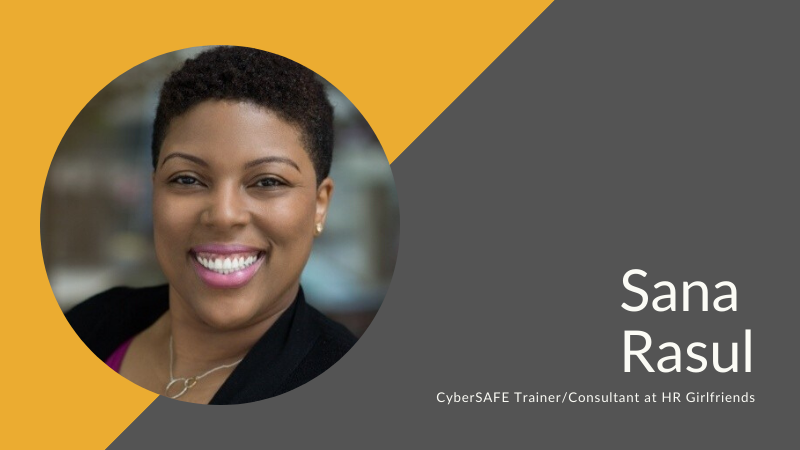Q&A With Sana Rasul: Overcoming Bad Hires By Assessing Incoming Candidates
Sana’ Rasul ACC, PHR, SHRM-CP leads HR Girlfriends, a consultancy providing personal and professional development to women in HR. Her background includes a number of director-level HR positions at large organizations throughout Washington DC. We spoke with Rasul about the risks of making a bad hire and the value of assessments for understanding who a candidate really is.
What sorts of challenges are recruiters running into as a result of the low unemployment rate?
The low unemployment rate in any market makes it really tough for an organization to get the talent they require. They’re often settling for the second or third choice. You also have to spend more and do more to get candidates in the door, and act fast enough to attract talent in the limited time they’re on the job market.
What constitutes a “bad hire,” and what are the consequences?
We can often trace it to culture fit – whether they mesh well with teams and the organization. Those qualities really matter because they determine how well people communicate, collaborate, and resolve conflict. If you make a bad hire, especially at the supervisory or C-suite level, you risk losing more than one person if that hire goes badly. They’ve created a negative ecosystem around themselves that may have affected individuals or whole teams, and now everyone is impacted.
How can recruiting tools or strategies mitigate the risk of a bad hire?
Gone are the days when someone should be brought in for 3-5 interviews. We need to do a better job of assessing what individuals bring to the table, figuring out “who are they” before we meet them in person. I’m a firm believer in assessment tools. I remember studying them in grad school and being floored by how accurate they could be.
Never 100% accurate, of course, because these are people you’re dealing with. But what assessments can do is help you figure out what makes a person tick. I tend to think we don’t do enough assessments, at lower levels or senior positions. The more you understand the potential that exists in your workforce, the more you’re able to utilize it effectively.
How can companies use assessments to learn the most about a candidate?
I recommend giving an assessment right after the first interview because that confirms whether what you thought you saw was real. Comparing your face-to-face impressions against what the assessment reveals gives you a clear indication of whether someone is viable. This method also helps you develop questions for the second interview. In terms of what level you begin utilizing assessments, you have to determine your pain threshold around cost, but I think you should use them for supervisors and subject matter experts at least.
Can recruiters use assessments to evaluate someone’s strengths and weaknesses?
Absolutely. Every company has their image of the unicorn – a candidate who offers everything listed in the job description. So companies understand their ideal, and with each candidate, they need to asses what they’re actually getting. Imagine you’re looking for candidates to fill a client-facing IT role. You find someone with sterling credentials, then assessments detect high-levels of introversion. This person seems like a unicorn except their personality could be a liability in this particular role. It’s up to the recruiter to decide whether the risk is worth it, but at least they can make that decision based on all the data and not just a resume/interview.
How has technology changed the value or utility of assessments?
They’ve gotten a lot easier to use, mostly because the vendors are starting to think more thoughtfully about the issue. On top of that, dashboards are getting fancier and the results themselves are getting better, but I’ve found assessments are still unattractive to some companies.
Many recruiters feel like they’re drowning in data right now, so when an assessment tool promises to deliver a multi-page report on a few candidates, it can feel overwhelming instead of feeling like an asset. Managers also have a tendency to dismiss potentially promising candidates based solely on what assessments say, so some recruiters worry that assessments make the hiring process shallower or more biased. As long as they’re intuitive and empirical, though, I think assessments rise above those issues.



